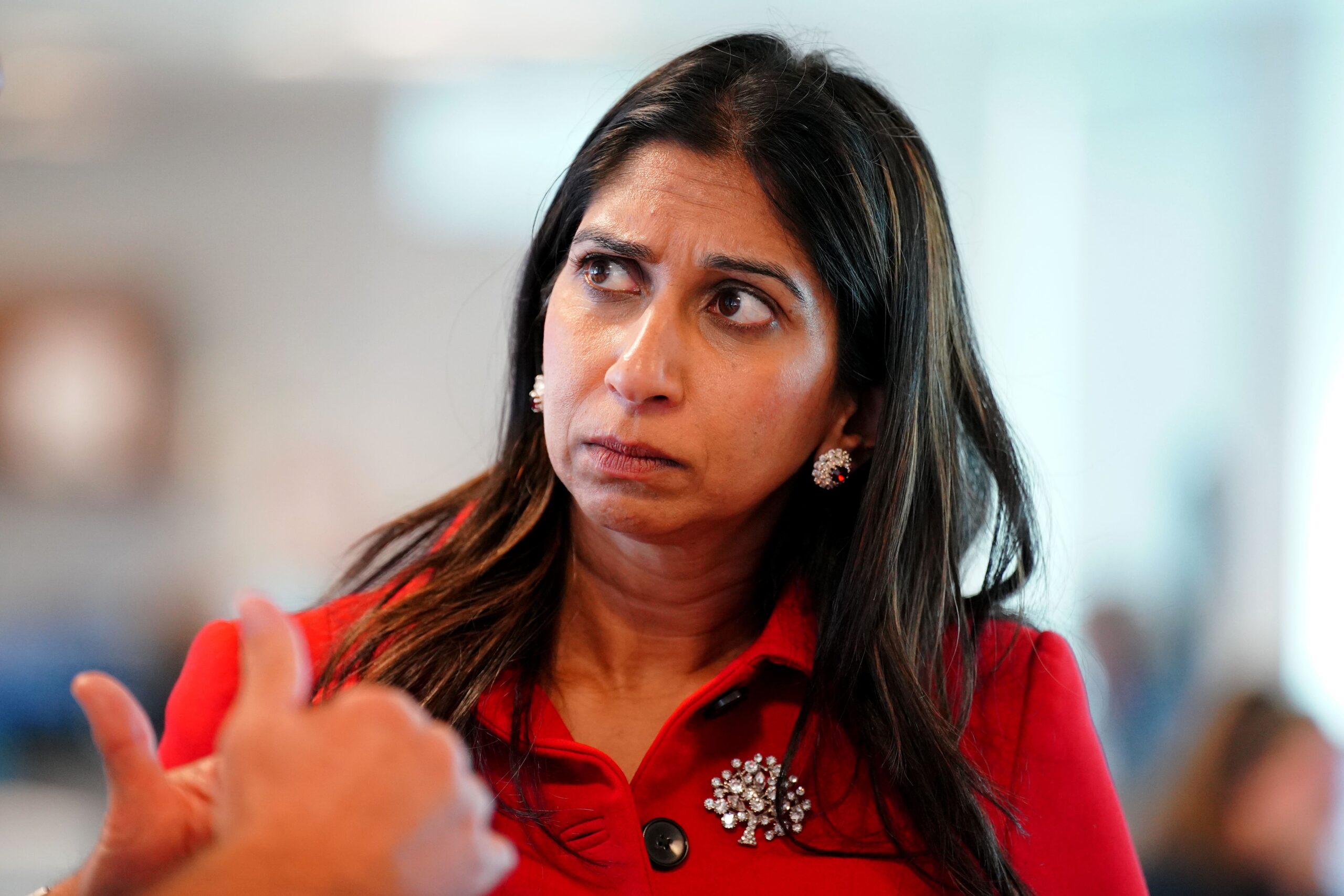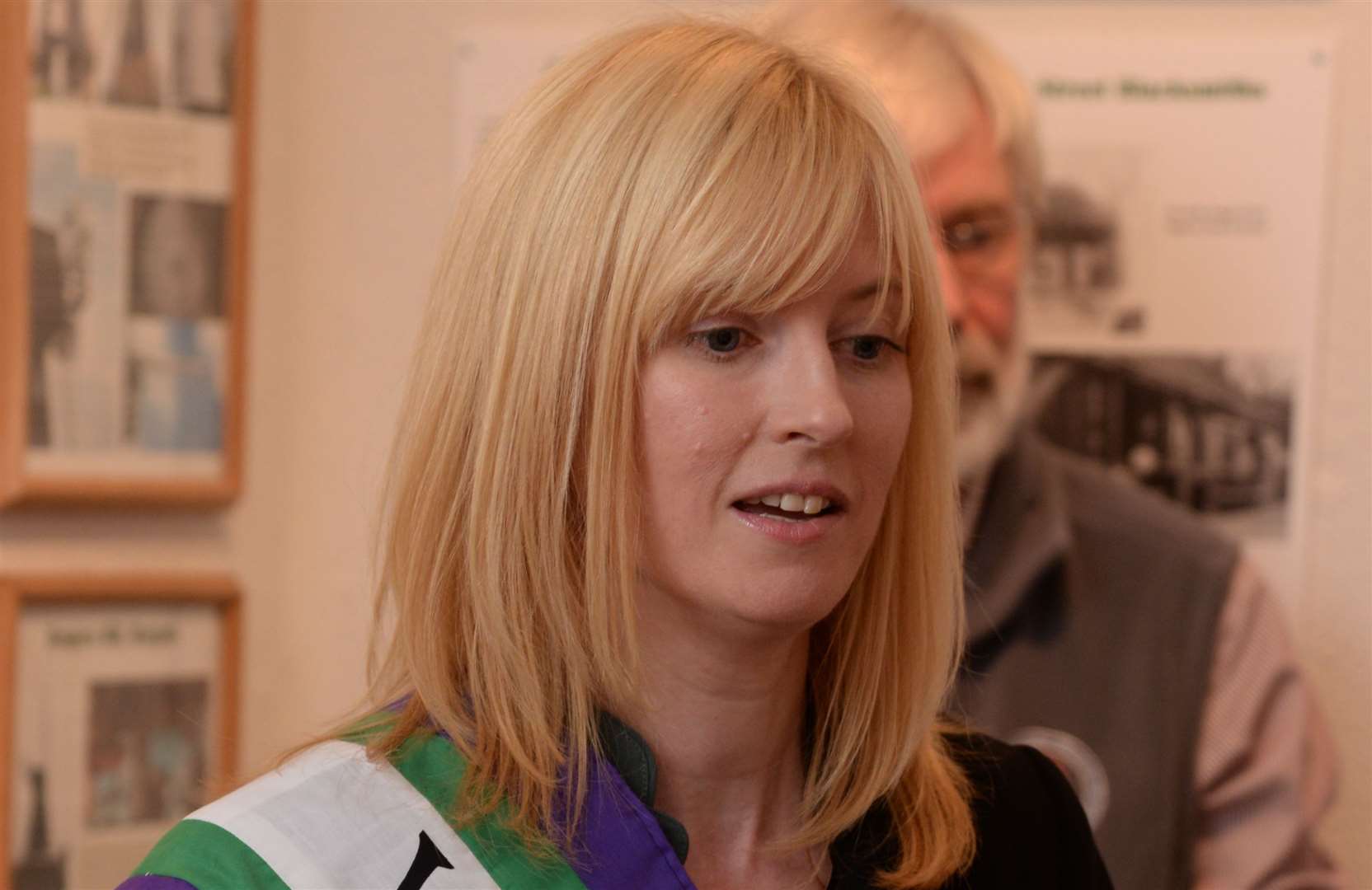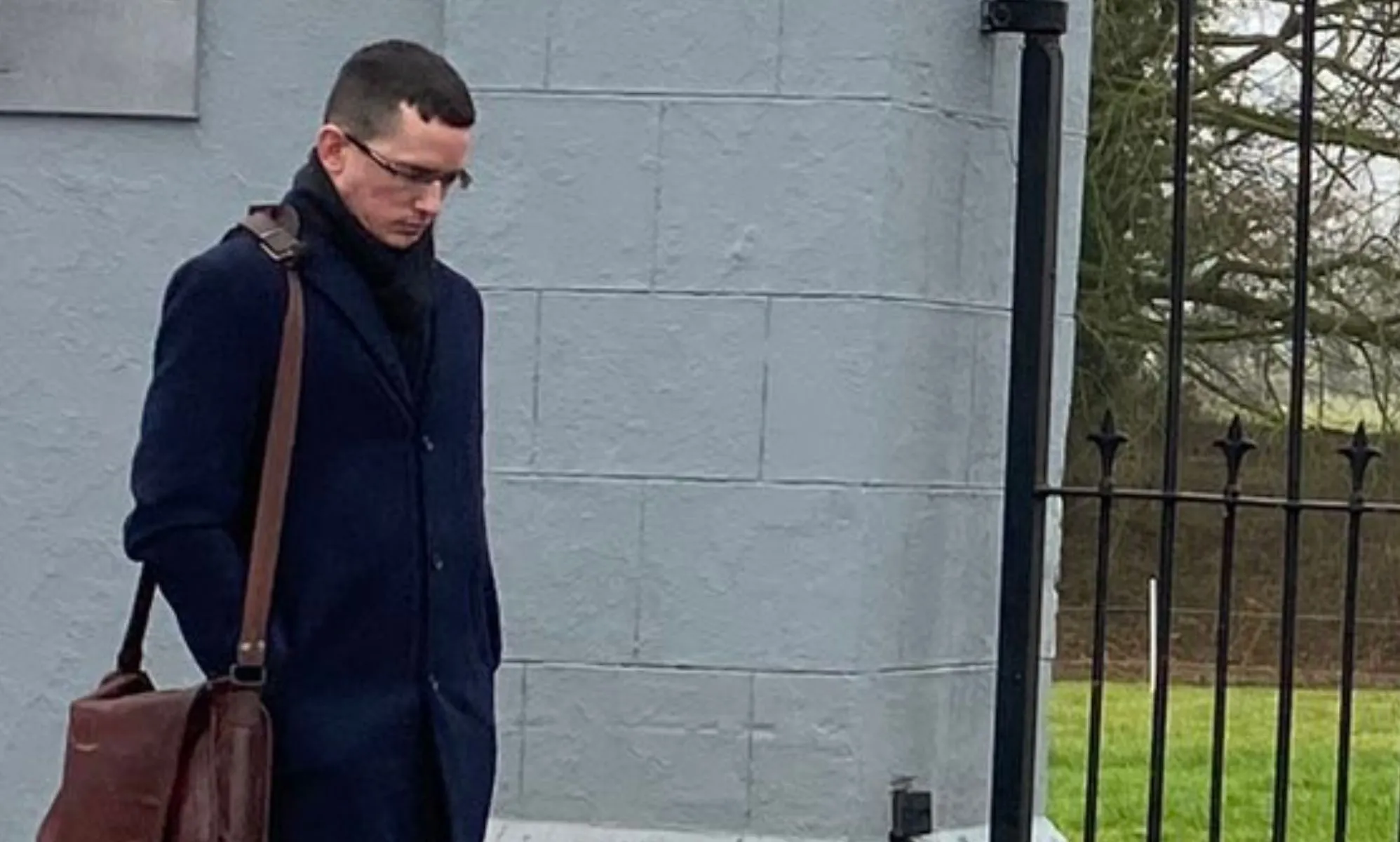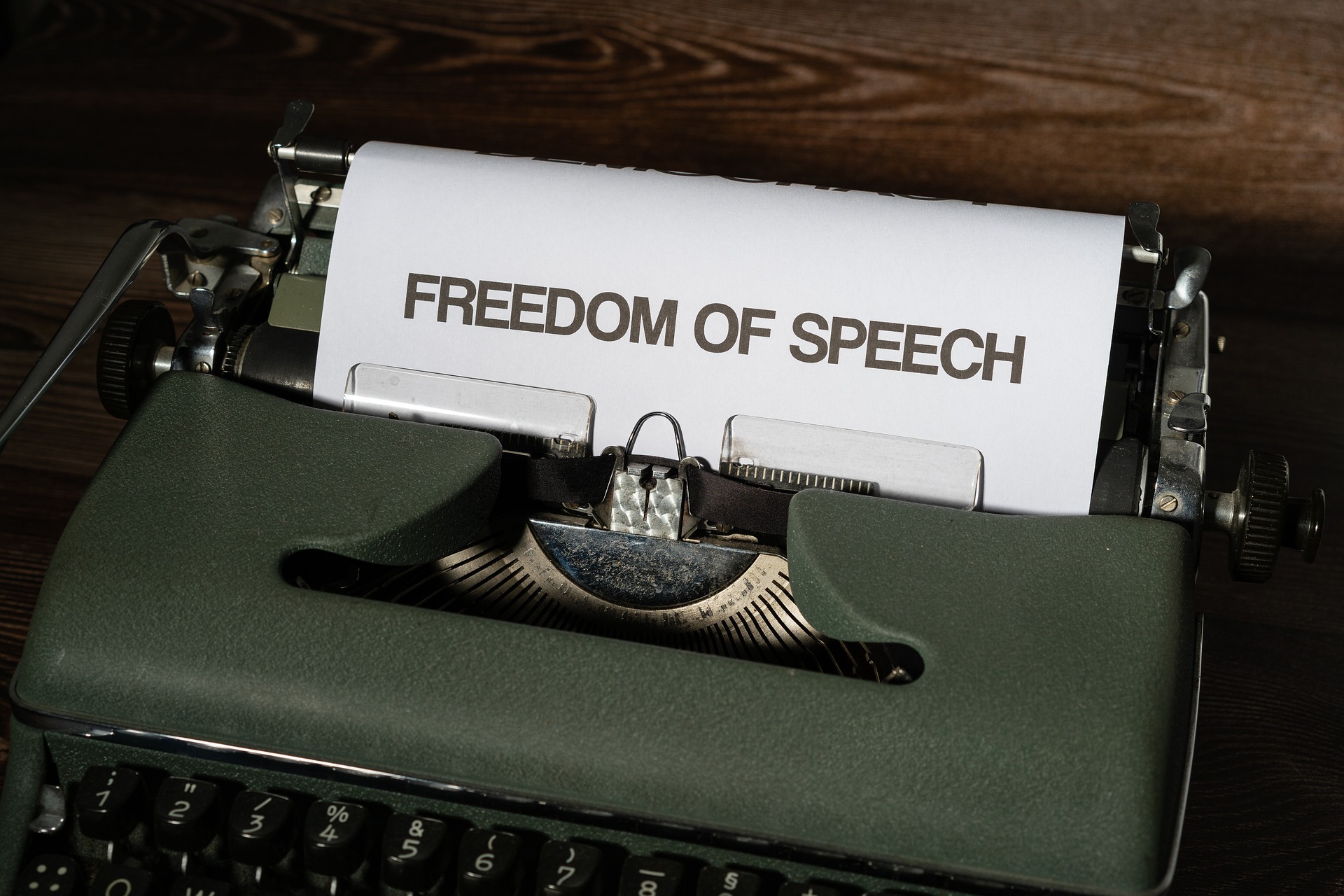Suella Braverman recently delivered a speech in Washington that many found alarming due to its harsh anti-LGBT language. This has sparked considerable debate. It’s essential to understand why her rhetoric may not significantly impact her political success. However, it poses a real danger to vulnerable communities.
Elections Are Won from the Center
Firstly, it’s important to understand a fundamental aspect of political strategy: candidates typically win elections by appealing to the centre. Voters prioritize practical issues affecting their daily lives. These include the cost of living, healthcare, and employment. Divisive social issues are less important to them. A comprehensive study involved over 5,000 people and 20 focus groups. Only 2% considered the “transgender debate” a pressing national issue. Instead, the majority preferred a “live and let live” approach. They favoured compassion and common sense overheated rhetoric and blanket policies.
Most people, regardless of political stance, are more concerned about economic stability and well-being. They care less about highly polarized political debates. Suella Braverman’s extreme views may grab headlines and stir up her base. However, they do not reflect broader electorate priorities.
The Risk of Political Violence
However, while Braverman’s rhetoric may not significantly shift voter behaviour, it poses a substantial risk in another, more dangerous way. History and research have shown that incendiary political language can lead to increased violence against targeted communities. This is particularly worrying for the LGBT community, especially transgender individuals who have already seen a sharp rise in attacks.
Political leaders’ words do not exist in a vacuum; they reverberate through social media and traditional news outlets, reaching millions. This amplification can embolden individuals with latent prejudices, leading them to act on these harmful beliefs. Studies have indicated a direct correlation between spikes in hateful rhetoric and subsequent increases in hate crimes. For instance, inflammatory comments by politicians sparked anti-Muslim discourse on social media. This resulted in increased hate crimes.
The Role of Leaders in Shaping Discourse
Leaders have a profound influence on societal norms. When prominent figures like Braverman use hostile language, it can shift what is considered acceptable discourse. The “Overton Window” effect normalizes once-taboo topics, encouraging those with extreme views to express them openly. Research on President Trump’s anti-Muslim and anti-Hispanic rhetoric showed it quickly spread on social media and increased hate crimes.
Increased political polarization and extreme rhetoric create a fertile ground for violence. For example, the January 6, 2021 Capitol riot showed how incendiary speech can provoke real-world violence. While not every case of violence can be directly linked to specific statements, the overall trend is evident: provocative rhetoric raises violence risks.
Fear and Its Consequences
The fear generated by hostile political rhetoric extends beyond the immediate threat of violence. It affects the mental health and well-being of targeted communities, making them feel less safe in their own country. This heightened state of fear can persist even if actual violence is rare because the perception of threat is continually reinforced by ongoing hostile discourse.
Polls show that a significant majority of people believe that heated political language makes violence more likely. Minority communities, who often feel directly targeted by such rhetoric, express this concern especially strongly. The fear is not just about physical safety but also about the broader social acceptance and respect they receive.
Conclusion: A Call for Responsible Leadership
In conclusion, while Suella Braverman’s anti-LGBT speech may not drastically alter voter behaviour due to the electorate’s focus on more immediate concerns, it is deeply troubling for the potential it has to incite violence against vulnerable communities. Political leaders must recognize the power of their words and the responsibility that comes with it. While it is unlikely that all leaders will exercise restraint, it is crucial for society to demand accountability and for social media companies and law enforcement to mitigate the spread and impact of incendiary rhetoric. For a healthier, more inclusive society, we must prioritize compassionate discourse and practical solutions over divisive and harmful rhetoric.















Leave a Reply